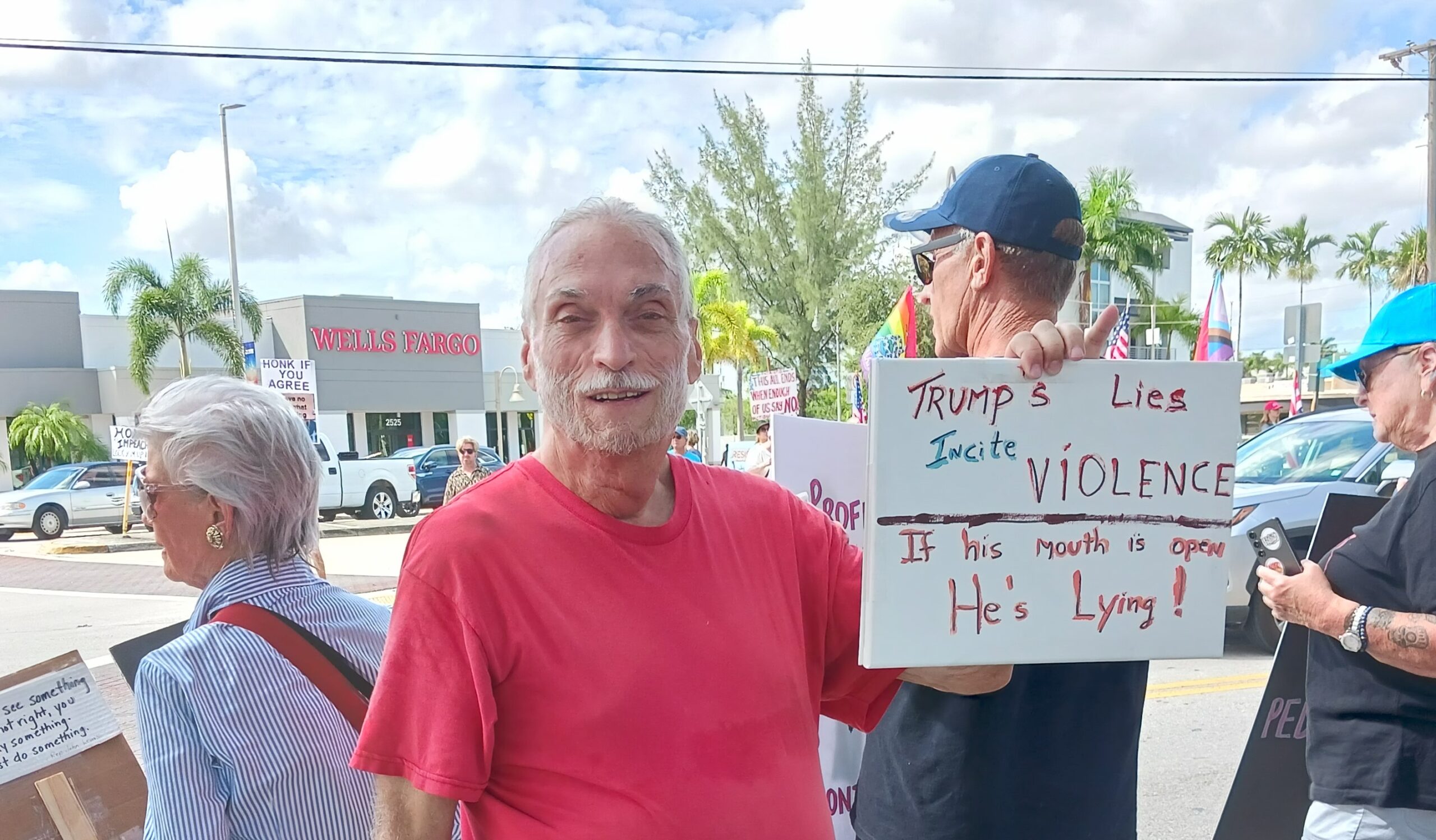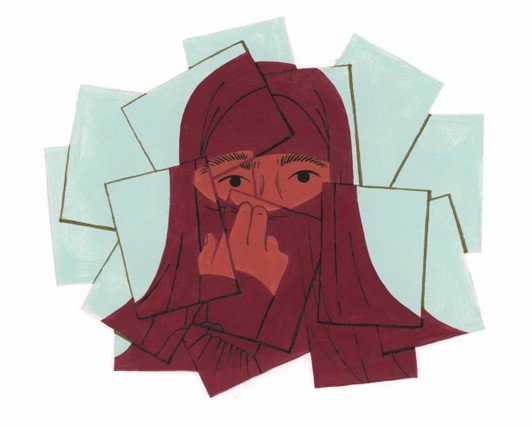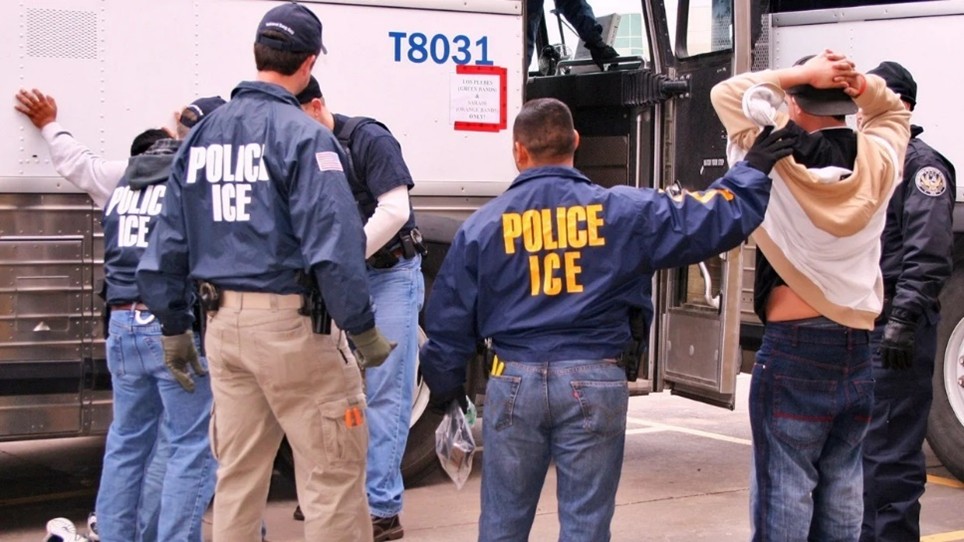In 1995 the doctors told me I would probably be dead of AIDS by April 1997. I had retired early from the U.S. Foreign Service, and AIDS patients were dying rapidly. There was no effective treatment for AIDS or HIV. It was a grim time, and I had no reason to think I would be any different than the hordes of patients who had already succumbed, who were deprived of a normal life span and the opportunity to grow old.
I imagined some fairy-tale scene where my friends would gather around my deathbed as I took my last breath. Spurred by that image, I told my friends to come to visit “before it was too late.” I pressed them to understand the urgency of my situation and said I needed their support in those final months.
Holed up in Cape May, New Jersey, I could walk on the beach before my afternoon naps. As I looked out at the Atlantic Ocean, I felt I was in touch with global rhythms as the waves rolled in and ebbed out. Just like them, I thought, our lives are a slow progression of entering and leaving. A timeless cycle. The natural order was cascading before my eyes.
I was sad, but I felt I’d had a good run in my 39 years. I knew many AIDS patients who had not even seen their 30th birthdays, so I had been graced with extra time. But as my organs began to fail and my fatigue mounted, I told my friends to hurry. I wasn’t sure how much longer I was going to be able to walk the beach with them. I could foresee a future when I never left my bed.
One friend asked if she could read my writings during her week with me. She made her way chronologically through my work — two of my plays had been produced, and I had published a few short stories, but five plays and a novel had never been published. When I rose from a nap, she asked me about them: Why did this character throw boiling water at the postman? Why did that character want a window opened as he died? I enjoyed explaining their motivations: Here was somebody paying attention.
I wanted more of my friends to show such attention, but they were busy with their lives, and some never made time to visit. I was disappointed but thought it was best not to obsess over it. Just let it go. Who came, came. Who didn’t, didn’t. So it goes.
Then the miraculous happened. New drugs became available. Suddenly I could imagine living beyond 1997. Maybe even make it to 2000. How fantastic that would be!
I looked into returning to the foreign service, although I suspected the State Department would balk. Diplomats must be available worldwide, and with my compromised immune system and the substandard health care in many nations, the bureaucracy was not likely to want to post me overseas. When the medical division said it was not reversing disability retirements for HIV-positive former officers, I knew my foreign service chapter was over.
Despite my infection, I became a caregiver for various family members as they struggled with debilitating health challenges of their own. I wound up burying both my parents, a brother and a sister. In time I became an orphaned senior, familyless. My friends would have to become my new “chosen” family, and many of them shied away from assuming a greater role in my pilgrimage. Some thought I had already asked too much of them.
One morning in 2020, a Florida resident now, I woke up and could not swallow. A biopsy confirmed that I had stage 3 cancer of the tongue and lymph nodes. I endured a brutal surgery that removed more than half of my tongue along with 31 lymph nodes. Nerves from my arm were sewn together to reconstruct a new tongue. COVID-19 restrictions barred visitors from the hospital. Subsequently, I underwent 33 targeted radiation treatments, which left me with impaired speech and sense of taste, burning sores in my mouth and the inability to swallow any food that required chewing.
The doctors inserted a feeding tube in my stomach, because I could not get adequate nutrition by mouth. It was a hard time, and again I begged my friends to visit. Not so much as a deathwatch but for support. I needed help getting nutrition into the feeding tube. My weight had gone from a plump 204 pounds to a skeletal 135.
What my friends did next still astonishes me. They organized a schedule of caregiving that included people I love from almost every chapter of my life — high school, college, the Peace Corps, graduate school at Notre Dame and the foreign service. Many of them didn’t know each other, but that didn’t stop them from creating a text group that could plan a blanketing schedule. One friend even built a device so nutrition could be more easily delivered to my feeding tube. These friends are the reason I made it through radiation and am recovering.
This time around, my call for help and friendship was not about my attention-seeking ego but was rather a humble request to help me stick around for a while. I am now 67 years old. I have enjoyed many bonus years after my HIV infection when my story could have ended so early.
The hardest part now may be my relationship to nutrition. Eating is such a big part of our culture. Not being able to swallow food or taste anything is a major drawback. Drinking a fruit, protein and vegetable smoothie I cannot taste once a day hardly satisfies. It’s like filling the gas tank, something you have to do. But it’s hard for me to keep drinking for more than five minutes. I try to recite a poem between gulps to make it last a few beats longer. Swinburne is a favorite:
From too much love of living
From hope and fear set free,
We thank with brief thanksgiving
Whatever gods may be
That no life lives for ever;
That dead men rise up never;
That even the weariest river
Winds somewhere safe to sea.
To keep socially involved, I signed up with a nonprofit agency to teach an English conversation class for refugees over Zoom. Most of my students are women from Syria and Afghanistan. Many are nursing newborns and do not turn on their cameras, which makes understanding their speech a challenge. My own speech is slow and slurred, a lingering effect of the reconstruction of my tongue.
Despite the challenges, I feel blessed just to wake up and walk around my neighborhood, to marvel at a family of brown ducks traversing my street or the noisy, green parrots squawking above me in the trees. A butterfly floats among the pink impatiens on my patio. Yes, I’m on a hard road. But when I was briefly a Jesuit novice in the 1970s, I learned to find God in all things. So even when a squirrel stops before me to retrieve a peanut someone dropped, I know creation is winking at my continued presence.
In the Gospel of John, the disciples ask Jesus whether the blind man’s sin or his parents’ sin is responsible for his blindness. Jesus shakes his head and says the blindness is an opportunity for others to make real the kingdom of God. Similarly, I think of this cancer as giving me the chance to experience the love of our God through the efforts of so many people to ease my recovery.
There’s no telling how or when my story will end. AIDS could have killed me but hasn’t so far — although, since the radiation treatments decimated my T-cells, I am technically an AIDS patient once more. Cancer, too, may kill me yet. An open question. We just have to attune ourselves to the ways we can ease the suffering of our brothers and sisters as we march in time like the waves to the shore.
Recent Posts
From Diplomat To Dissenter: Why I Protest Trump’s America
I love our country. I served as a Peace Corps Volunteer in Africa in the 1970s. I served as a Foreign Service Officer...
A Soul Set Free
The lines of Iranians formed early every day. Often they came straight from the airport. They would line up outside the American consulate...
A Cruel Season at the Bus Stop
The poem you’re about to read is not a quiet reflection—it’s a flare shot into the night. It emerges from a moment when...



